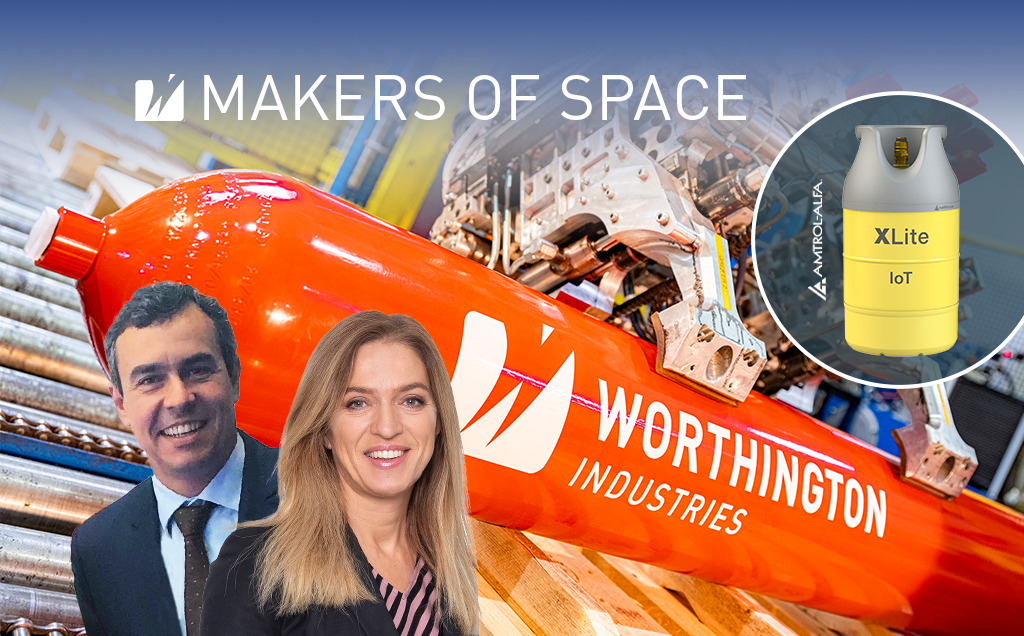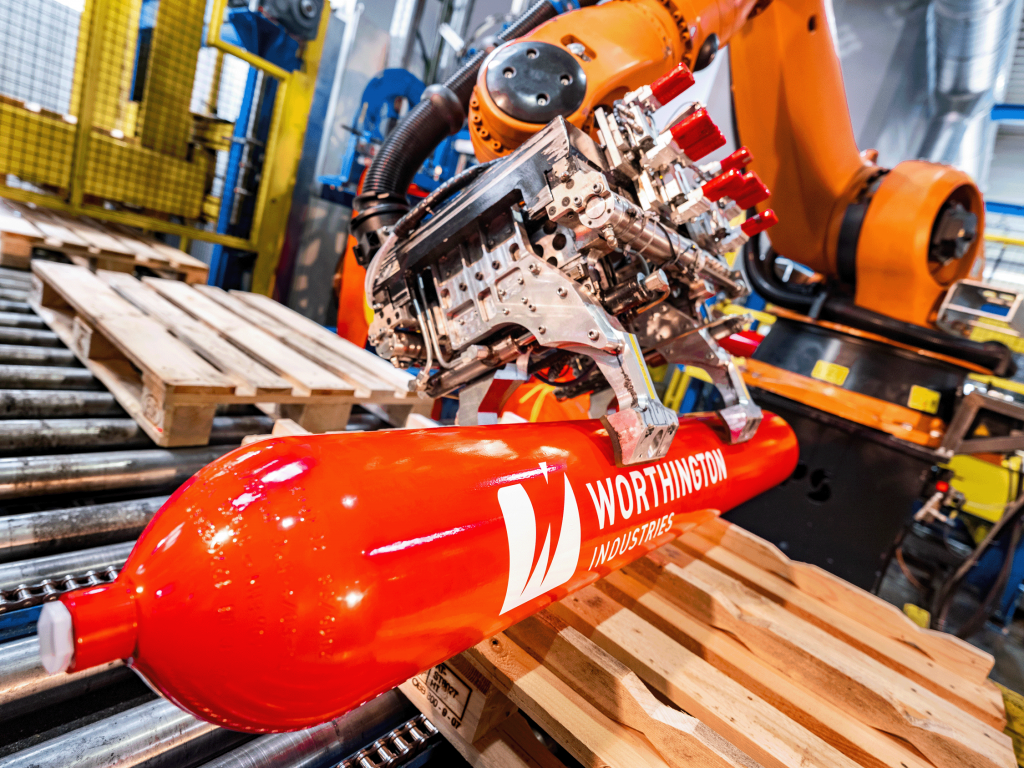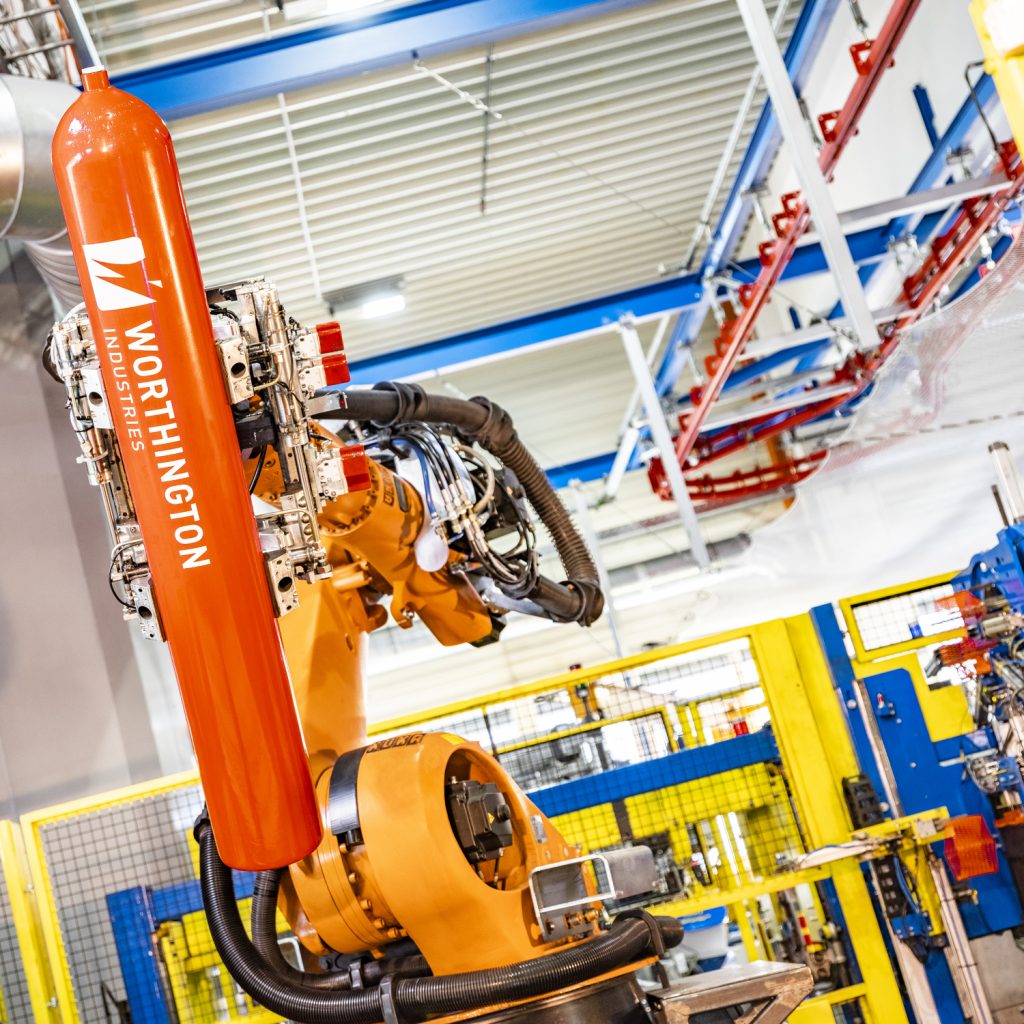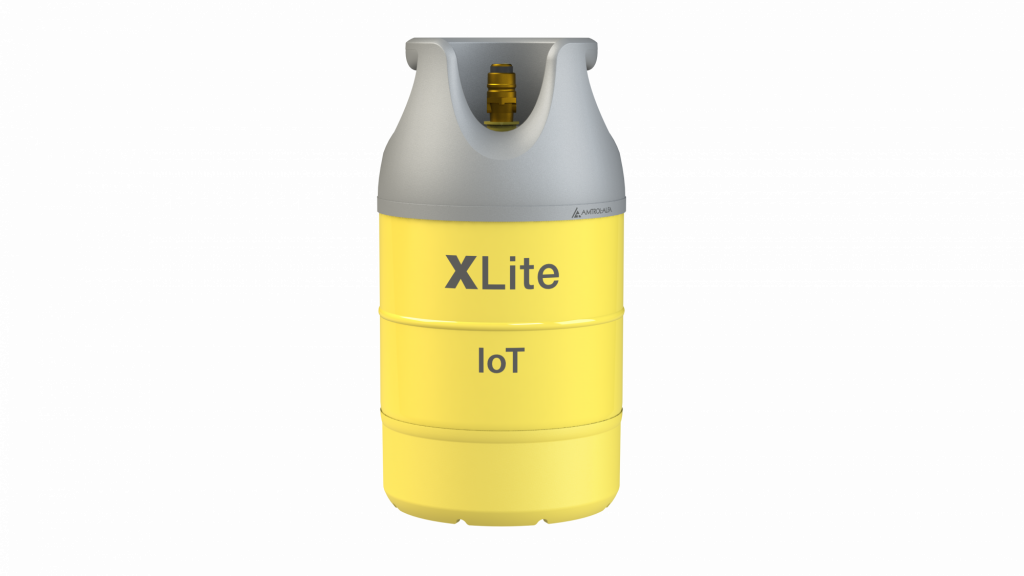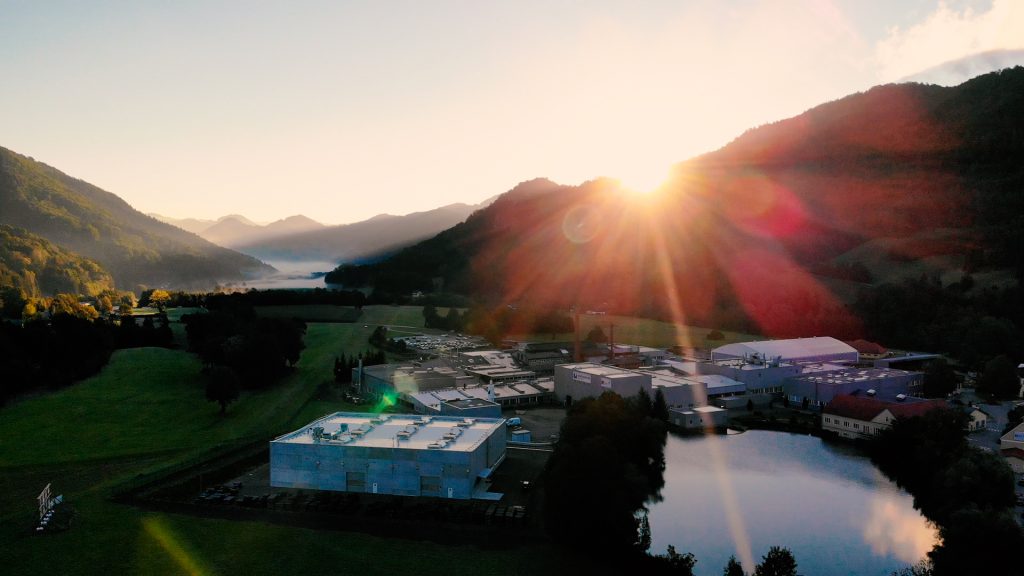Growing pains and growing pressures ahead?
Interview Gabriele Zeilerbauer
Q. Tell us about the health of the packages gases business in 2023 – where are the big challenges, opportunities and talking points?
As we enter 2023, the demand for industrial gas cylinders is driven by replacement of cylinders at the end of a long-life cycle and moderate economic growth, although inflation is impacting certain segments such as construction. Despite these challenges, the industrial gases sector offers ample opportunities for innovation and complete solutions in Industrial Gas. One area with great potential is the hydrogen mobility sector, where the use of packaged gas cylinders and systems is integral to the entire supply chain. The innovative packaged gases market also holds promising prospects: we are preparing the launch of a digital services platform – as product and service – that will allow us to offer customers ease and efficiency in managing their cylinder fleets.
Sustainability remains a key factor in the industrial gases sector, with the European Green Deal leading the way in lowering carbon footprint and promoting a better world for all. It is important for businesses to embrace these sustainability efforts and take advantage of the opportunities they bring to the entire packaged gases supply chain. With these factors in mind, the industrial gases sector is poised to evolve and grow in 2023.
Q. What’s the single-biggest opportunity facing the cylinders sector going forward, in your view?
It’s the Hydrogen economy, for sure. Hydrogen is a level for achieving net zero targets. Growing quantities of green hydrogen will require growing compressed gas containment solutions. The EU and industry are becoming more calibrated to each other’s processes and economies of scale will grow at an accelerated rate.
Q. Equally, what’s the single-biggest challenge the sector faces going forward?
Modest growth in demand for traditional industrial gas cylinders requires smart business decisions if European manufacturers want to remain competitive. We lead the global gas containment industry with high standards in safety, quality, and fair work conditions – but all this has a higher price tag than in other geographies. Energy costs remain high and businesses must invest more in sustainability to hit Europe-wide goals.
This means adding more costs short- and mid-term. There will be no economy without a healthy environment. Customers need to accept some growing pains on the way to more sustainable business models and factor temporarily higher costs into their purchasing decisions. European legislators need to help reduce pain points and fund new cleaner technologies
Interview Filipe Pedrosa
Q. Tell us about the health of the packaged gases business in 2023 – where are the big challenges, opportunities and talking points?
The packaged gases business in 2023 is expected to be stable, especially in Europe. However, the industry faces several challenges, such as supply chain disruptions and the rising cost of raw materials.
The development of innovative technologies, such as our lightweight steel cylinder with an IOT device, presents a significant opportunity for companies to address these challenges so that they can stay competitive and grow their market share. By harnessing the power of data, we enable customers to use advanced analytics for strategic gains. They can deploy AI to monitor and analyse data on cylinder usage and identify potential safety threats.
Sustainability is gaining velocity every year and presents the industry with challenges and opportunities. Gathering dependable data is the first challenge, but once companies have a clear picture of their carbon footprint they are well positioned to reduce it and control the costs of carbon taxes.
Q. Tell us about the ongoing digitisation of the packaged gases/cylinders business – how do you feel this is progressing?
For the first time, end users have a direct connection to their cylinder data so they’re able to make more informed decisions, and the relationship between users and gas distributors is stronger.
In-home gas cylinders are widely used in many parts of the world to fuel day-to-day activities: cooking a stovetop dinner, relaxing in a hot shower, and delivering warmth during the winter season, to name a few.
Integrating technology into these cylinders to provide real-time data would eliminate the guesswork on fuel levels, gas usage and more. Additionally, technology-enabled solutions could facilitate a stronger, more direct relationship between users and distributors, making exchanging easier and more efficient—for both parties.
Our own Nexi solution includes a small cylinder-mounted IoT device that generates system data for more efficient, sustainable and intelligent control, including location (when allowed), usage history, cylinder levels, temperature and more. It utilizes ultrasound technology to provide accurate fuel level readings and consumers can easily access consumption information and even order a refill—all through a mobile app.
Q. Where are there still roadblocks in digitising the cylinders business? And equally, are we still scratching the surface of the opportunities?
As companies embrace the digital era, many challenges arise that can impede modernizing operations. Some organizations are simply change-resistant and lack confidence that the future will be digitally enabled. For customers in remote areas, limited connectivity is a concern. Right now, no industry-wide standardization exists in Europe – making it difficult for companies to integrate technologies seamlessly. Cyber-security was another hurdle for us, but company-wide best-practice sharing allowed us to get over the hurdles and bring cyber-safe solutions to market.
Despite these obstacles, there are still many opportunities for companies to improve their operations. For example, modernizing business processes with digital solutions can reduce costs and increase productivity. Real-time tracking through IoT platforms enables companies to track their cylinders, leading to better inventory management. We expect IoT to play a role in preventive maintenance as well. With more granular data, the separate process improvements will begin to compound: Better fleet management means more efficient logistics planning means more time in service for assets.
As you can see, we are just now scratching the surface of digitalization’s potential. The benefits of are clear. The next challenge is to standardize and scale up so that the packaged gas industry can modernize operations, improve productivity, and ultimately thrive in the digital era.
You can find this article and more Gasworld news here.
About Worthington Industries
Worthington Industries Europe is the largest designer and manufacturer of pressure vessels in the region with over 1,600 employees working at facilities in Austria, Poland and Portugal. Worthington is the first in its industry to incorporate sustainable practices into its long-term business strategy. With the lightest composite and steel low- and high-pressure cylinders available, Worthington designs and makes solutions for technical gases, industrial gases, and alternative fuels. The Company invests strategically in production facilities that serve the sustainable mobility market with gas-storage, transport and onboard fueling systems for cars, buses, trucks and more.
Worthington Industries (NYSE:WOR) is a leading industrial manufacturing company delivering innovative solutions to customers that span many industries including transportation, construction, industrial, agriculture, retail and energy. Worthington is North America’s premier value-added steel processor and producer of laser welded products; and a leading global supplier of pressure cylinders and accessories for applications such as fuel storage, water systems, outdoor living, tools and celebrations. The Company’s brands, primarily sold in retail stores, include Coleman®, Bernzomatic®, Balloon Time®, Mag Torch®, Well-X-Trol®, General®, Garden-Weasel®, Pactool International® and Hawkeye™. Worthington’s WAVE joint venture with Armstrong is the North American leader in innovative ceiling solutions.
Headquartered in Columbus, Ohio, Worthington operates 51 facilities in 15 states and seven countries, sells into over 90 countries and employs approximately 7,500 people. Founded in 1955, the Company follows a people-first philosophy with earning money for its shareholders as its first corporate goal. Relentlessly finding new ways to drive progress and practicing a shared commitment to transformation, Worthington makes better solutions possible for customers, employees, shareholders and communities.

Gabriele Zeilerbauer
Sales Director Industrial Products, Alt Fuels LDV, Sustainability
Worthington Industries
+43 664 2148 866
Gabriele.Zeilerbauer@worthingtonindustries.com
Filipe Pedrosa
Vice President of Sales & Marketing, Amtrol-Alfa,
A Worthington Industries Company
Worthington Industries


